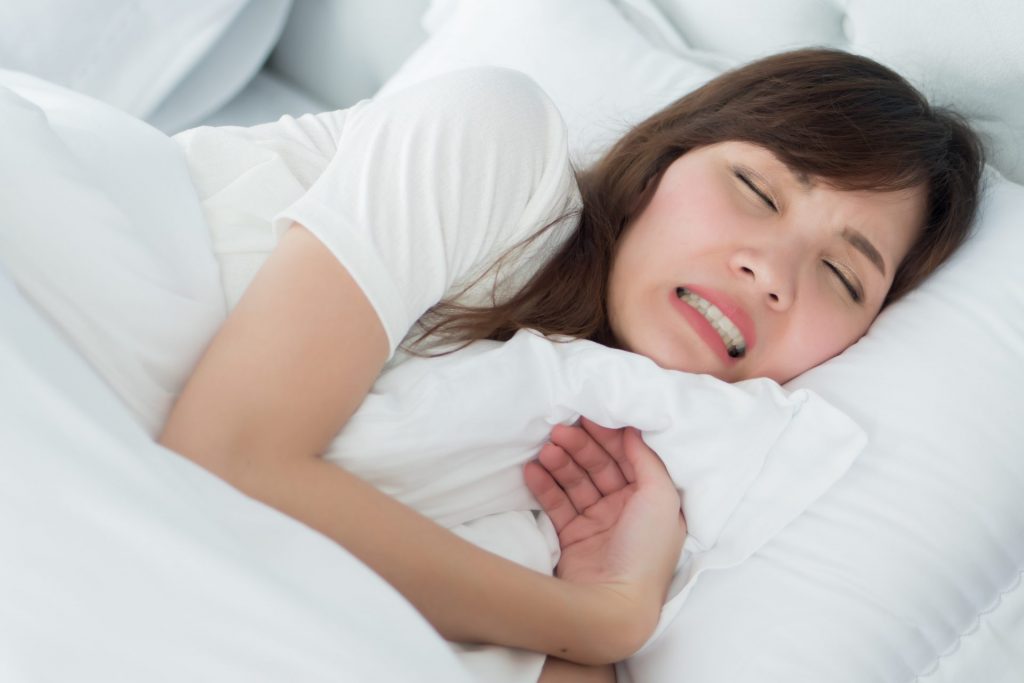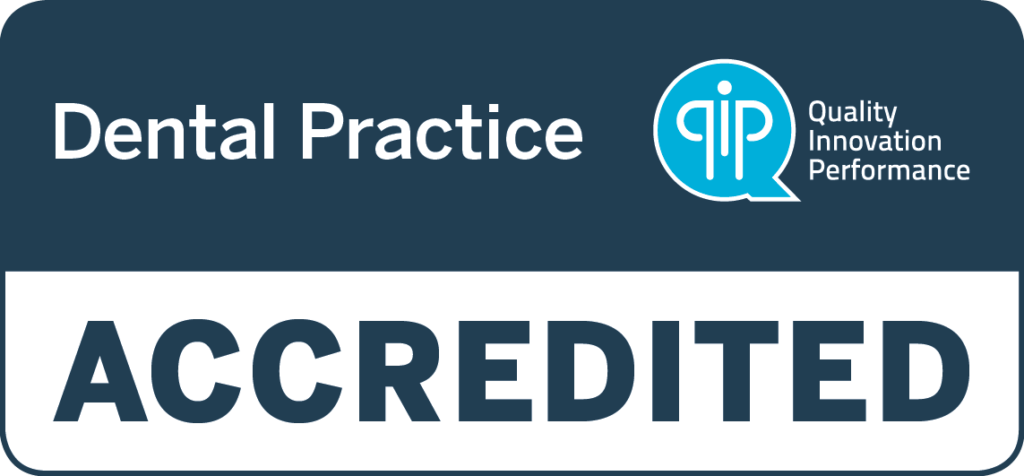Bruxism, commonly known as teeth grinding, is a condition where you grind or clench your teeth.
Teeth Grinding

Bruxism, commonly known as teeth grinding, is a condition where you grind or clench your teeth.
Teeth Grinding
If you suffer from Bruxism, you may subconsciously clench your teeth during the day or grind them whilst you sleep.
You may be unaware that you grind your teeth as symptoms may not begin until damage starts occurring. So, it’s essential to understand the signs of teeth grinding and maintain regular dental check-ups to prevent damaging your teeth.

Signs & Symptoms of Teeth Grinding
The effects of teeth grinding vary from one patient to another. However, if you clench or grind your teeth, these are some of the signs you may notice or symptoms you may experience:
- Deep grooves in your teeth
- Cracks or chips in your teeth
- Loose teeth
- Worn enamel
- Toothache or increased tooth sensitivity
- Tired, tight or locking jaw
- Jaw pain or other facial pain
- Headaches
- Disturbed sleep and tiredness
If you’re unsure, during a check-up with one of our dentists, you can be assessed for teeth grinding and prescribed treatment if necessary.
Causes of Bruxism
The causes of teeth grinding are unique to each patient and sometimes never determined. Generally speaking though, teeth grinding comes down to physical, psychological or genetic factors.
Clenching your teeth during the day may be caused by anxiety, stress or deep concentration, for example. Grinding your teeth at night may be due to sleep apnoea, acid reflux, hyperactivity or a side effect of medication. Tobacco, alcohol and caffeine use can also promote this disorder.
Treating Teeth Grinding
If your Bruxism is mild, you may not need any treatment. If it’s severe enough to lead to tooth damage, headaches and other problems, Hills Dental Group can help you.
There are several treatment options available for teeth grinding. The one most suitable to you will depend on your specific case of Bruxism. Sometimes, it can be a combination of treatments or trial and error to find what works best for you.
At our dental practice in Stirling, we offer custom bite splints. A bite splint is like a mouthguard, but one that is worn at night while you sleep. Whilst it doesn’t cure Bruxism, it can help prevent the symptoms and protect your teeth from damage.
Muscle relaxant medication is another option our dentists may recommend to help reduce the muscle activity and force in your jaw during the night. It also pays to seek and practise methods of stress management and relaxation as stress and anxiety are strongly linked to teeth grinding.
Are your clenching and grinding habits beginning to cause issues for you? It’s important to seek dental care sooner rather than later to avoid causing extensive damage to your teeth.




